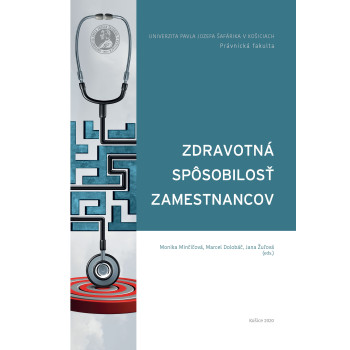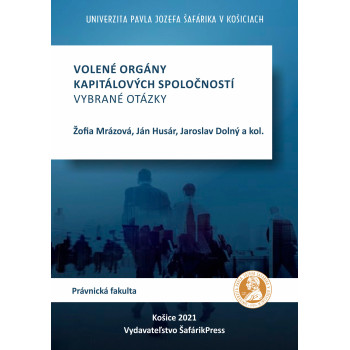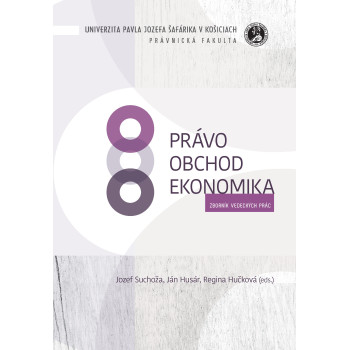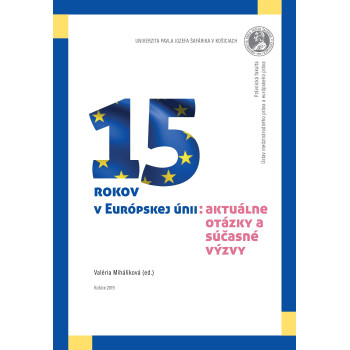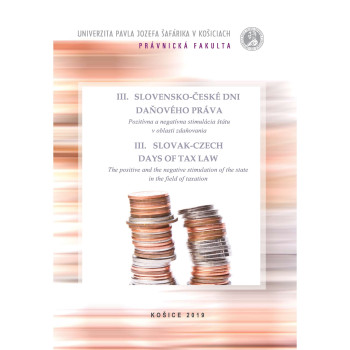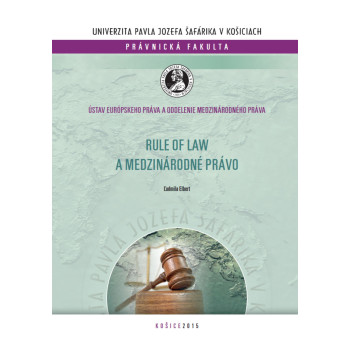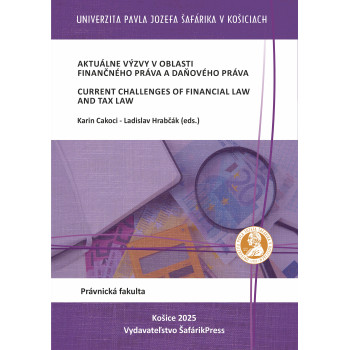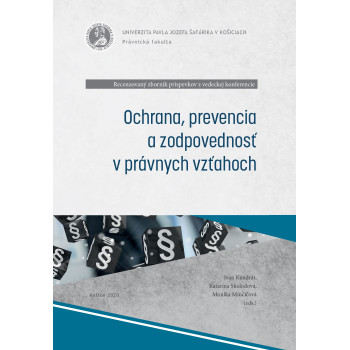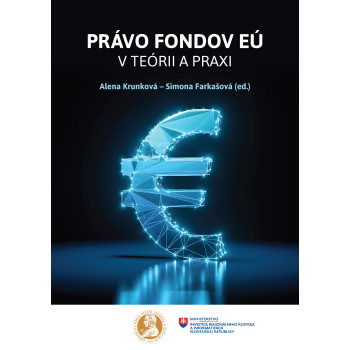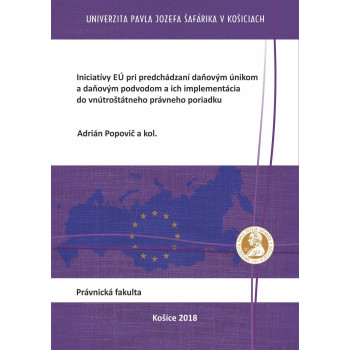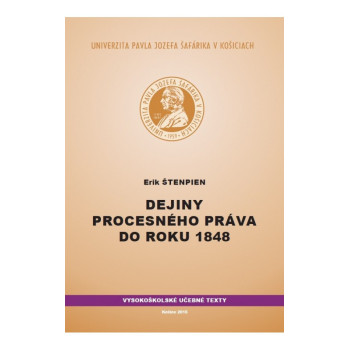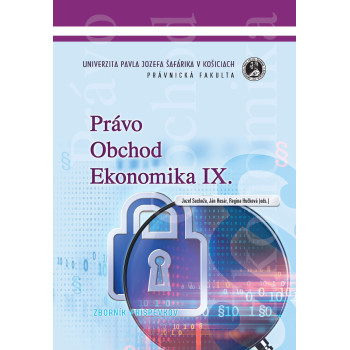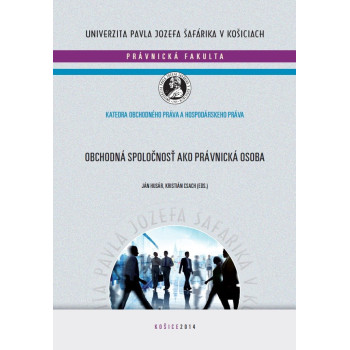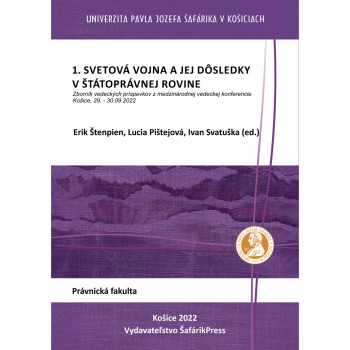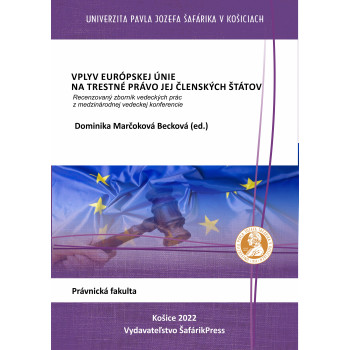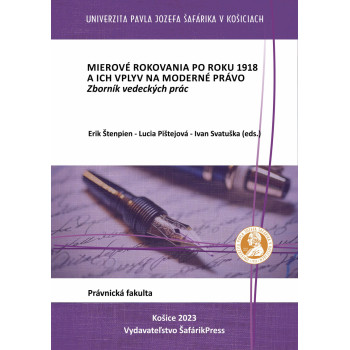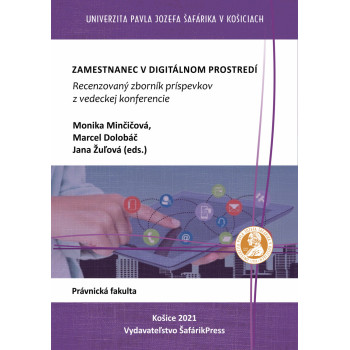
Zdravotná spôsobilosť zamestnancov
E-book
Monika Minčičová - Marcel Dolobáč - Jana Žuľová (eds.)
Peer-reviewed proceedings of the scientific conference
Health determines an individual's life in all activities and interests, including the possibility and ability to work. Work and health are in the mutual interaction. Work leads to social inclusion, financial self-sufficiency, finding confirmation of one's own usefulness or achieving personal ambitions. Work can have therapeutic effects, but at the same time it can have an adverse effect on health.
Overlapping factors of work environment, alone or in combination with non-work influences, can lead to illnesses that temporarily or permanently exclude an employee from his or her profession. For these reasons, health enjoys fundamental legal protection as one of the most important values, not only in labour relations.



